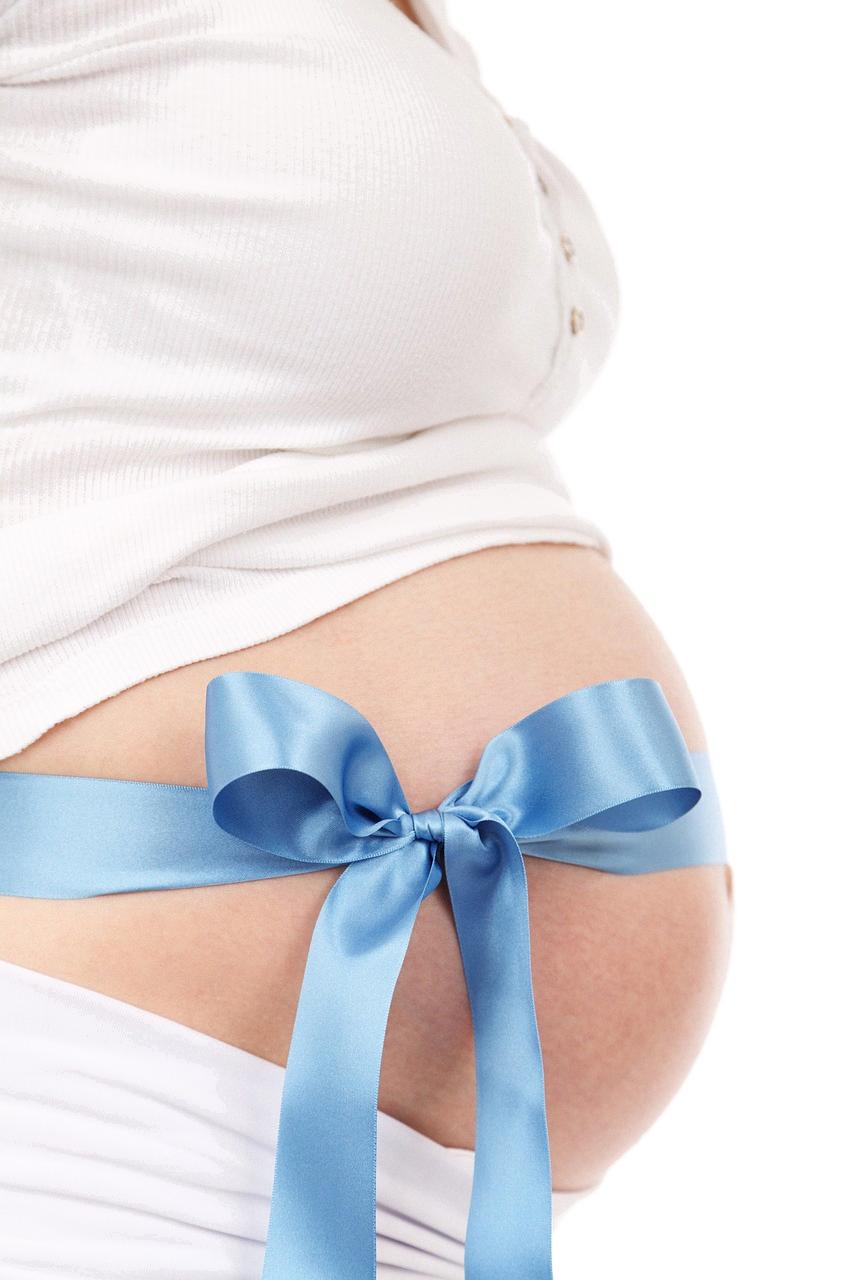When it comes to pregnancy, there are a lot of things to consider, including what foods and supplements are safe to consume. One common question that many pregnant women have is about the safety of consuming ginger during pregnancy. With its potential benefits for managing nausea and digestive issues, ginger is a popular choice for many expecting mothers. But just how much ginger is considered safe during pregnancy?
According to experts, the use of ginger in pregnancy is generally considered safe when consumed in moderate amounts. In fact, many healthcare providers recommend ginger to help alleviate nausea, a common symptom experienced by pregnant women, especially during the first trimester. It is believed that consuming up to 1 gram (1,000 mg) of ginger per day is safe for pregnant women.
While ginger is generally considered safe during pregnancy, it is important to keep in mind that individual tolerance levels may vary. Some women may find that even small amounts of ginger can cause mild stomach upset or heartburn. In such cases, it is best to reduce or avoid ginger intake and consult with a healthcare provider for alternative options.
It is always recommended to consume ginger from natural food sources, such as fresh ginger root or ginger tea, rather than relying solely on ginger supplements. Natural sources of ginger are less likely to contain added ingredients or high concentrations that may be potentially harmful during pregnancy.
For pregnant women who are considering adding ginger to their diet, it is advisable to start with a small amount and gradually increase the dosage if needed. This approach allows women to monitor their body’s response to ginger and adjust the intake accordingly to avoid any adverse effects.
It is also important to note that ginger should not be used as a replacement for medical treatment or advice. If persistent nausea or digestive issues are severe, it is crucial to consult with a healthcare provider to determine the underlying cause and appropriate treatment options.
When incorporating ginger into your pregnancy diet, opt for natural and organic sources whenever possible to ensure quality and safety. Avoid products that contain artificial additives, preservatives, or excessive sugar, as they may not provide the same benefits as natural ginger.
While ginger is generally safe for most pregnant women, there are certain circumstances in which ginger consumption should be avoided or limited. For example, women with a history of pregnancy-related complications or pre-existing medical conditions should seek advice from a healthcare provider before using ginger as a supplement.
It is essential to be mindful of the cumulative intake of ginger from various sources, including food, beverages, and supplements, to ensure that the total daily amount does not exceed the recommended dosage. Monitoring the total ginger intake can help prevent potential side effects or interactions with other medications.
Overall, the key takeaway is that moderate consumption of ginger during pregnancy is generally considered safe and beneficial for managing symptoms like nausea. However, it is crucial to listen to your body’s signals, consult with a healthcare provider if needed, and make informed decisions about incorporating ginger into your pregnancy diet.
Remember, every pregnancy is unique, and what works well for one woman may not necessarily be suitable for another. As always, prioritize your health and well-being by making informed choices and seeking guidance from qualified professionals when it comes to any dietary changes during pregnancy.

